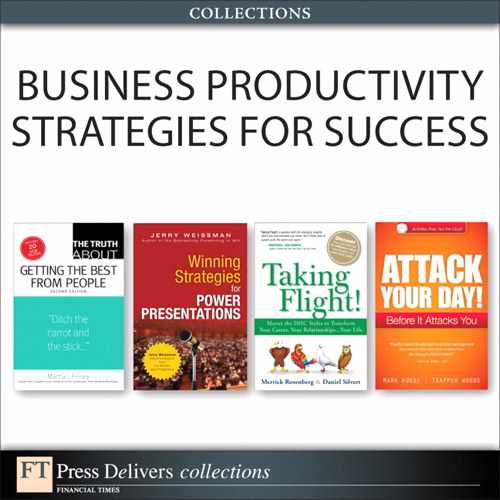63. Tricky Questions
Be Transparent or Be Trapped
Adam Bryant interviews CEOs for his weekly “Corner Office” column in the New York Times. He distilled a group of the interviews into a bestselling book called The Corner Office, whose subtitle describes its intent: Indispensable and Unexpected Lessons from CEOs on How to Lead and Succeed.
The key word is “lessons.” I follow Mr. Bryant’s excellent column every Sunday and often find valuable lessons for presenters. Two of those columns addressed the same subject: how to handle tricky questions: Mr. Bryant asked two chief executives—Kevin O’Connor of FindTheBest.com and Paul Maritz of VMware—about the tough questions they ask prospective employees. Both men referenced questions that, on the surface, appeared to be deceptively easy.
Mr. O’Connor said, “I try to give them a question that feels like a two-by-four between the eyes,” and he cited as an example, “How smart are you?”1
At first, this question may sound more like a free pass than a two-by-four, but it can become a trap for the latter. “How smart are you?” is analogous to one of the most frequently asked presentation questions, “What keeps you up at night?” If a presenter were to reply, “Nothing keeps me up. I sleep like a baby,” the presenter would appear to be unrealistic or evasive. Audiences want presenters to be candid, but also to describe what they are doing about problems.
In that same way, if an interviewee were to reply to the “How smart are you?” question with, “I’m the best in the business!” that would make that person appear to be hyperbolic.
When Mr. Bryant asked Mr. O’Connor what he would consider a good response to this question, Mr. O’Connor replied, “someone who’s really, really good at something, and knows it. But they also realize they have shortcomings in other areas.”
And when Mr. Bryant asked Mr. Maritz about his tough interview questions, he replied, “I’ll just pick anything that they’ve done in the past and I’ll say: ‘Thinking about it now, what would you have done differently? What did you learn from that?’”2
Just like Mr. O’Connor, Mr. Maritz looks for realistic or direct answers. He said,
If they blame everything that happened during that period on somebody else, that tells you that the person is probably not thoughtful or self-aware. If they can talk in length about what was really going on, why they made the decisions they did and how they would perhaps make the decision differently now, that tells you that this person thinks deeply and is honest enough to really be objective, or as objective as they can be about themselves.
The common denominator that both Mr. O’Connor and Mr. Maritz seek is transparency expressed with honesty and candor. Interviewees and presenters (as well as all human beings) must be straightforward about their limitations. Once they acknowledge that these exist, they are free to go on to state their own case. Not the other way around. Politicians, whose perpetual spinning the public has come to tolerate, are perpetually stating their own cases and are rarely transparent—the political equivalent of “I’m the best in the business!” type hype.
This is not to say that you shouldn’t toot your own horn; by all means do so, but do it with honesty and candor.
